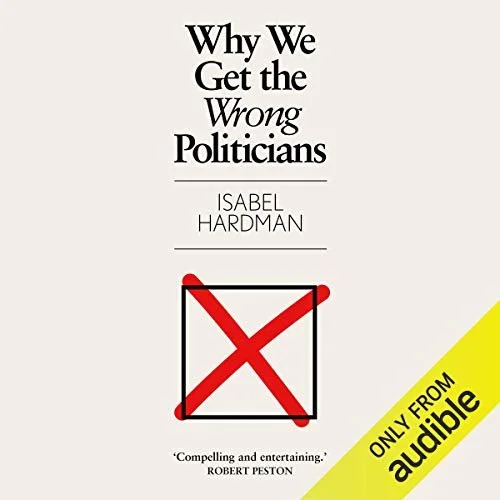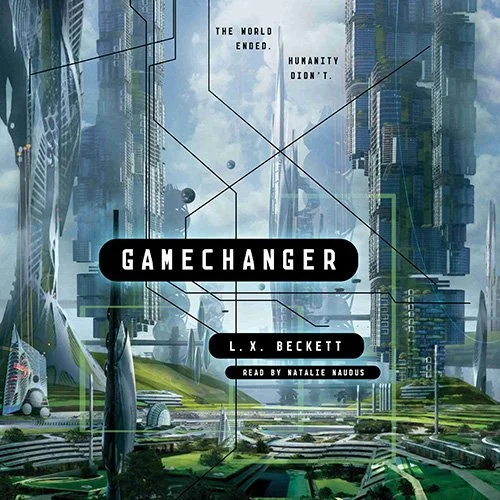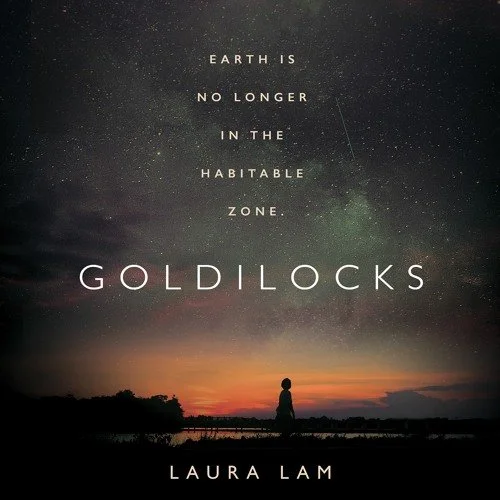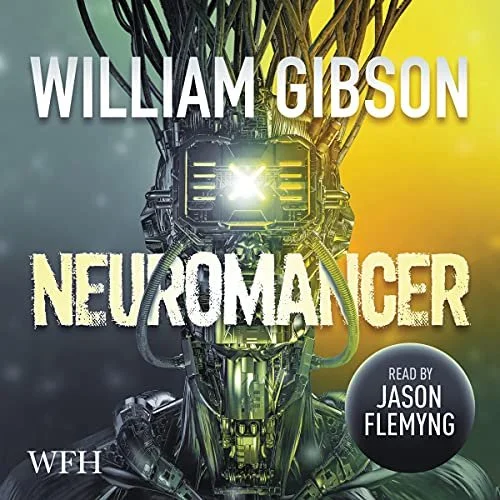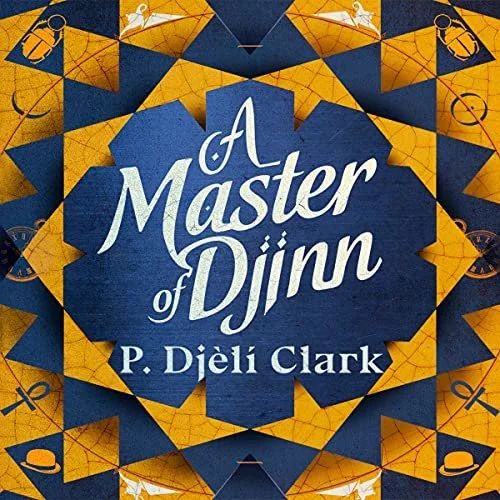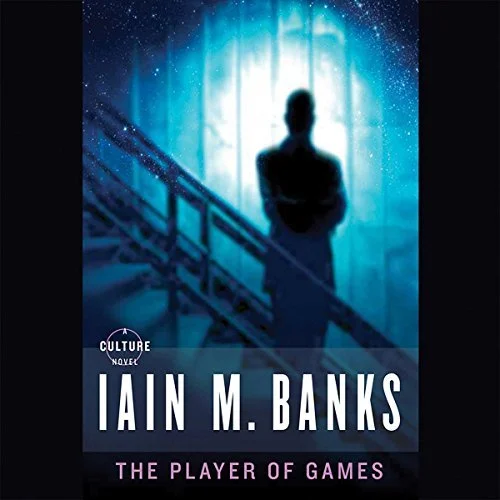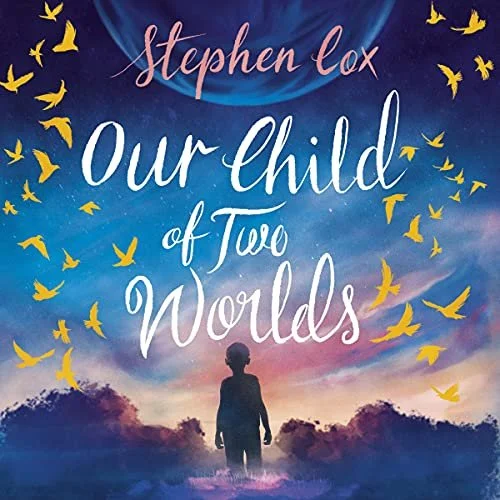During the lockdown, London has become a fictional place to me
I live in London, but for the last few months I might have lived on the edge of any medium-sized to large settlement in the UK. The pandemic has reduced my horizons to my street, my local park and my local branch of Aldi. This has meant my experience of the world is not that of a Londoner, but of the resident of any middle-class suburb.
London still, theoretically, exists beyond these horizons, but there’s no point in visiting. It’s all closed and I’m too nervous to use public transport right now. London - the London most people think of when they say London, the London of Trafalgar Square, Tower Bridge, Kings Cross Station and the National Gallery - is psychologically so far removed from me it might as well be a mythical place.
London is a place that I now relate to via fiction, just like I relate to places that I have never been. Places such as Tokyo, Timbuctoo or Olympus Mons are more concepts in stories than they are real places to me. Now I experience London via stories instead of by first-hand experience. This led me to think of the stories that sum up London the best.
Rivers of London
Ben Aaronovitch’s Rivers of London series have always felt quintessentially London. The novels are (largely) set in London and follow the adventures of Peter Grant, a trainee detective and apprentice wizard at the branch of the Met Police that deals with magical crime. In his adventures, Peter meets the spirits of London’s rivers, talking foxes, people who live secretly in tube tunnels and other magical denizens of London.
Aaronovitch said that he imagined the books as a mythology of London. His writing captures how there is something magical about this city that lives amongst the crowded tubes, overpriced drinks and constantly sprouting blocks of luxury flats. The books (eight of them so far, plus two novellas, several short stories and comics) are set all over London and Aaronovitch always finds a way to intertwine his magical London with the London we experience.
The books contain the old London of Old Father Thames, a Roman who has lived here for over 2,000 years, and the new London of the young goddess of Beverly Brook, Peter’s girlfriend and PhD student in flood management. All of London is drawn into Aaronovitch’s story, its geography and its history. The novels capture the diversity of London and contain within its huge cast of characters the different people that make this city.
Neverwhere
A secret or hidden London is a common theme of urban fantasy novels set in London. Probably the best and most well-known example of this is Neverwhere by Neil Gaiman, a novel about Richard Mayhew, a young businessman in London, who helps a mysterious woman called Door and falls out of his London into the world of London Below. Once Richard crosses this boundary he is in a magical alternative London populated by the Earl of Earl’s Court and the Angel from Angel Islington and cannot go back to his old life.
What struck me about Gaiman’s novel is how accurate it is. There really is a secret London, that no one sees, which has a life of its own. This isn’t the magical world of the Floating Markets and monks who live at Blackfriars. It’s the London of the cleaners on zero-hours contracts, the people deliver the beer to the pubs, the people working in the coffee shops and bus drivers. All the people that the middle-class Londoners like me take for granted.
There’s also the London of the homeless and the poor that we don’t see. There is an entire hidden world of poverty, precarious housing, back-breaking labour we don’t see in the London of craft beer, casual dining and art galleries. Although even for a middle-class Londoner - like Richard, like me - if we lose our jobs we’re only a paycheck away from falling into that other London, perhaps never to return.
The City and the City
Of course, there are more than two different Londons, the rich and the poor. There are many experiences of the city. There’s the London of Michelin starred restaurants, Knightsbridge shopping and auction houses. There’s the London of clubs, bars, pills and booze. There’s the London of immersive theatre, underground exhibitions and fashion influencers. There’s the London financial transactions, property speculation, coffee and cocaine. These Londons are stacked up against each other, sharing the same geography but separate.
China Mieville’s novel The City and the City explores this concept. The novel is set in the fictional cities of Besźel and Ul Qoma, two cities that inhabit the same space, even the same streets, but their occupants ignore each other. The people of Besźel and Ul Qoma go through their lives without acknowledging people who they are separate from but are still close enough to touch.
This novel could be a metaphor for many cities with a divided community such as Belfast or Jerusalem. I believe this novel is a brilliant metaphor for London because there isn’t one London, there are many Londons. You can share the same street, the same tube car, the same shop with people who have a completely different experience of London. They share the same physical space as you do, but everything about it is different.
This difference might be due to different race, class, cultural background or could be that what they want from London, the establishments they frequent, are different. For one person London means Wetherspoons and for another it means cocktail bars. Hackney can mean craft beer and music festivals in parks for one person or resisting gentrification for another.
Experiencing London in fiction
All these novels tell us a story about London that helps us understand the city. The stories of the books mirror the story that is our own experience of the city. London is more than just the London anyone of us sees. It’s different things to different people.
The books I have chosen were all written by white men, this most likely reflects my experience of London as a white man. It’s also probably a sign I should try and read a more diverse range of writers. I would be interested to hear what other writers and stories reflect London, this most diverse of cities.
I enjoy being able to take a walk through a place via fiction that I cannot experience personally. Maybe because it’s far away or maybe because it doesn’t exist in our world. While I’m stuck at home, it helps to be able to experience the city I live in as fiction if I cannot experience it first hand.


